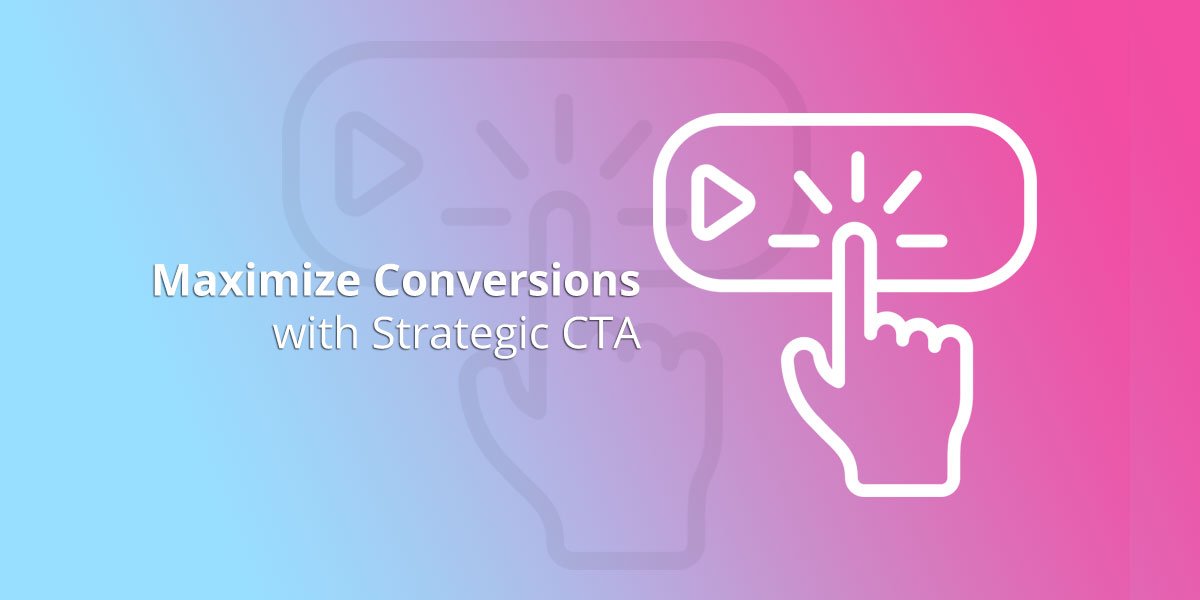Anyone used to the regular stream of Google search algorithm updates will not be surprised to learn that there’s been another one on the July 24th. What has been unusual is that Google did not expressly announce its release as was previously the case with other updates like Penguin and Panda. The update is real though as it has been confirmed by Google to search engine commentator, Barry Schwartz at search analysis reporting site, Search Engine Land.
USA Local Search Results Only, For Now
The update was named Pigeon because these birds fly home and it is a Google update that focuses primary on local search results rather than any other kind. The update was specific to US English results and it is not yet known how soon it will affect other Google sites in foreign languages.
The local US English search results have been bouncing around daily with minor ranking positional shifts since the Pigeon update. It is likely that Google is waiting to see how things look once the dust has settled before applying the change to other languages as well.
What Was The Goal of the Altered Local Search Algorithm?
Google confirmed to Schwartz that the update was intended to adjust search results rankings for local queries in order to better take into account various ranking signals and web information sources. The changes are reflecting both at Google and also Google Map search results as well.
The local results now tie in far more to hundreds of related signals that dictate how a site ranks against others. The Google Knowledge Graph, variations in spelling, synonyms and other indicators are being factored in much more than ever before to provide a more relevant results for local searches. Human intelligence also seems to be coming into play with more logical results relative to what is being searched for; more local businesses sometimes being positioned ahead of business sites with a longer history.
How Are Local Search Results Displayed?
Location specific search results as usually displayed as a priority at the top of the Google search results page. A Google map is often shown in the top right with locations indicated by red markers that can be hovered over and clicked on to see information on that business.
Local results are shown below the ads with either what has become known as a “7-pack” or smaller “3-pack” list of local businesses in a box window. This displays business specific information, Google+ profile links, contact details and Google user starred reviews. Hovering over any of the listings in the 7-pack or 3-pack will change the map shown to the location of that business alone.
These result are distinctly different from regular organic non-local search results on a Google search page which get no such alternative layout, ratings, maps or preference.
Distance To Target Changing Search Results
Special attention is particularly being paid to the distance readings from a searcher’s current location and the businesses related to the search query, i.e. if searching for local restaurants, results will feature restaurants that are closer to the searcher’s location more often than ones further away.
Other location ranking considerations are also considered as well, for instance, should the distance to the restaurant be measured from their current location or their home location (if this is known)? This is likely to be relative to the exact type of query and will need gradual adjustment for relevance by Google search engineers to get it right every time.
Fixing Yelp.com Contentious Ranking Issue
This update seems to have resolved an issue between Google and Yelp where the latter was complaining that even searches in Google that included “yelp” in the search query would display Google’s listings and Google preferred content ahead of any Yelp listings. This has been addressed with this update so that when a searcher looks up a result and includes “yelp” in the search query, Yelp directory specific results usually display and Google’s own sites are lower down the page instead of at the top. This is not true in all type of similar searches, but it is a noticeable enough change that some commentators have begun calling this latest update the “Yelp Update”.
Changes to How Local Searches Rank
Before the Pigeon update, SEO practitioners working on improving search results for local clients would find that their client’s business listing with “[business name] + [city]” would show up, but post-update the business would only display when searching for “[business name] + [state]”.
The issue there being that most local searchers refer to a city or town, not a state when looking for local results. Local results are usually to places they can either walk or drive to, rather than going across the state which can span hundreds of miles especially in locations like California or Texas.
Local Search Results Bouncing Around Daily
Since the changes, local results have been shifting daily. It would be advisable to let this situation play out for a while rather than to get upset about the change in ranking position while the situation remains in flux.
Someone previously with a business listing at #5 for their targeted search query may find that they’ve moved up to #2 which is cause for instant celebration, but then it drops back to #4 two days later… This is quite common at the present time.
Odd Results Still Evident
It has been noticed that Expedia had suddenly become listed as a New York Hotel despite being an online travel agent business. The travel agency showed up in the rotating local carousel of New York Hotels when performing a search.
Apparently this was because the Google+ local listing had Expedia set-up in the travel category rather than as a corporate HQ which tilted the search results the wrong way. The category selection has since been changed in the Expedia Google+ page and the result has been modified accordingly.
Depending on where you are searching from, the travel carousel doesn’t even show up when searching for “New York hotels” any longer which is a good indication of how search results are bouncing around and also changing appearance too.
Google has said that it expects such anomalous results to pop-up with local search but certainly in some cases they can be remedied. It doesn’t hurt that Expedia is a big enough brand and “New York Hotels” is a common enough search term that it was worth Google stepping in to resolve the disparity. Small businesses without either search volume or big brand status may not be so fortunate.
We would love to hear from you! Please fill out this form and we will get in touch with you shortly.







